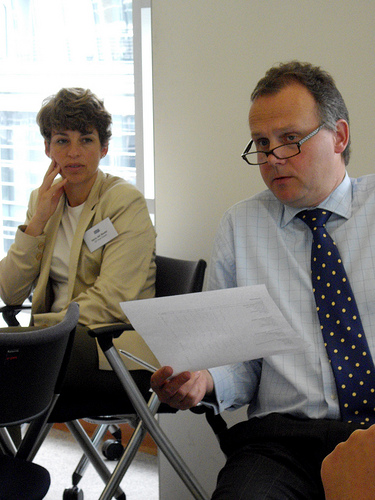Assessments and Professional Judgements module
Professional Judgements
Assessment of prior learning is a holistic approach that requires a much deeper level of knowledge and understanding than may be expected in a tick-box competency approach.
It is more than competency that is being assessed. It is recognition of the learning process that has lead to the development of knowledge for the candidate and it is not only assessment of skill acquisition but the understanding of knowledge in relation to that skill and the transferability of knowledge to other skills or situations.
Along with a deep knowledge of the appropriate pedagogy for the area being assessed, the assessor requires other skills such as the ability to put a candidate at ease and create an environment in which the candidate can present or perform to their optimal level.
Most importantly the key to holistic RPL assessments is making sound professional judgements to infer that competence, knowledge and learning has been demonstrated. “Making a ‘judgement call’ implies that one is being active, committed, accountable, powerful, and ethical, like a courtroom judge.”(Jones, 2006 cited in Mitchell, 2008. p.3)
|
There are many important factors to be considered by the assessor when making professional assessment judgements: These include adhering to the key principles of assessment.
Expand for a reminder of what these are.
|
|
As discussed in earlier modules consideration of the learner and the learning context are also key to the process of making professional judgements relating to learning.
|
|
Remember to submit an excerpt from your exploration around this module. This is your final submission. Send this directly to Heather. Critically consider the process of assessing for prior learning from the perspective of a lecturer in an assessor or facilitator role, exploring the following areas:
NB: Critical discussion involves a depth of thought that considers and debates a variety of perspectives including your own. Critical in this sense refers to reviewing, analysing and evaluating in depth; it does not mean focusing on negativity. It is possible to critically discuss and still totally agree with a particular perspective. |
Reference
Mitchell, (2008). Confident RPL Assessors. Department of Education, Training and the Arts. Queensland Government.

